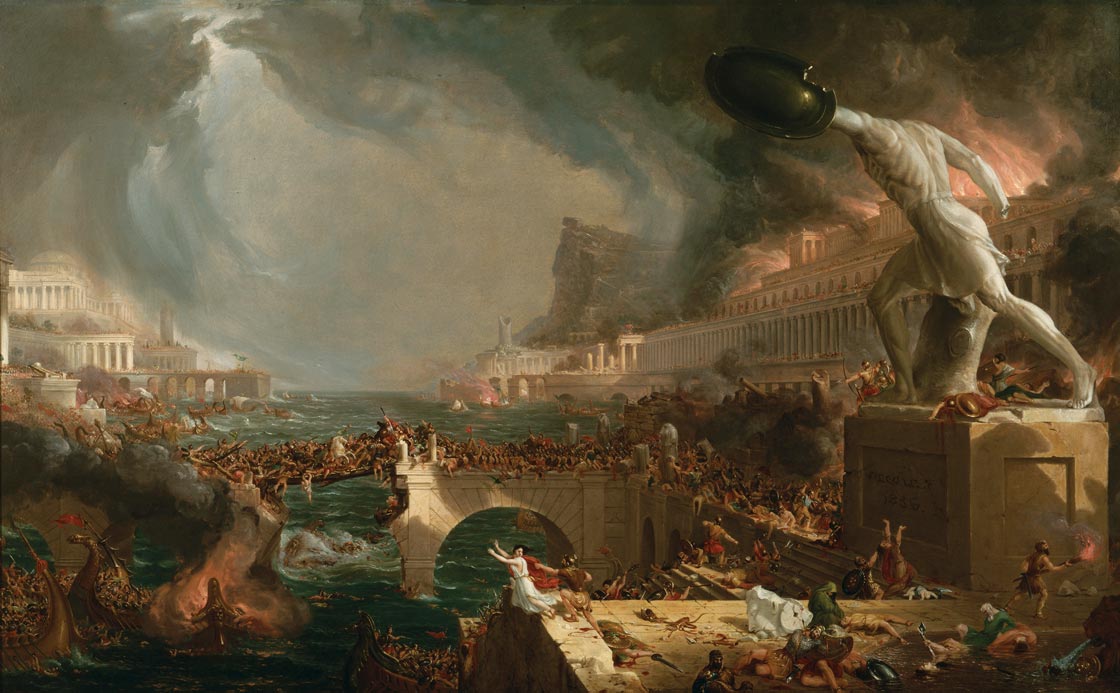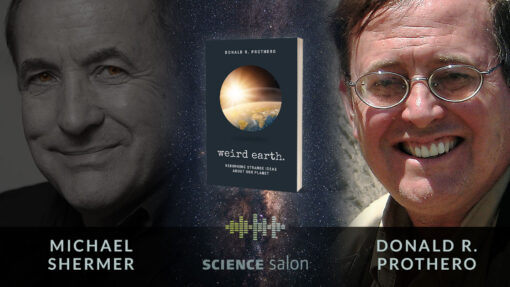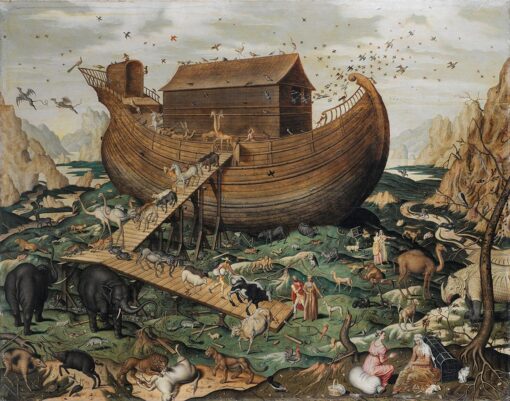flood geology

Alternative archaeologist Graham Hancock has for 40 years been writing bestselling books about the possibility of a lost ancient civilization that existed long before the Egyptians, Hittites, and Babylonians, and now he hosts a wildly popular Netflix documentary series called Ancient Apocalypse in which he presents his theories about what destroyed this lost civilization, which he suggests is described in the legend and myth of Atlantis, in stunning cinematographic beauty. But is it true? In this analysis of the documentary…

Who are the “magicians of the gods,” in Graham Hancock’s alternative history series Ancient Apocalype on Netflix, and where did they come from? Professor of geology, Marc Defant, applies critical thinking to Hancock’s historical and literary research to identify the erroneous conclusions in both his series and in his many books, which have been highly influential in presenting Hancock’s alternative theory of history to those less prepared to evaluate the evidence (or lack thereof).
A major theme running throughout Ancient Apocalypse is Graham Hancock‘s persecution complex. Archaeologists are picking on him, he says, because “I am trying to overthrow the paradigm of history.” Hancock fails to understand that “just asking questions” is unlikely to create a scientific revolution. Especially when he appeals to a hypothetical comet catastrophe that violates the laws of physics, contradicts astronomical data, ignores the geological record, and defies logic. When scientists ask to see data, it’s not persecution. It’s science.

Shermer and Prothero discuss: flat earth theories and how we know the earth is round • hollow earth theories and how we know it’s not hollow • the return of Ptolemy and an earth-centered solar system model (and how we know it’s wrong) • how science deals with anomalies and fringe claims • Were humans in the San Diego area 130,000 years ago? • flood myths • the age of the earth and how geologists determined it, and more…
We are pleased to announce Skeptic’s 100th issue (25.4) which focuses on QAnon in conspiratorial context. Instantly download the digital edition or order the print edition today. PLUS: In Science Salon podcast # 146, Michael Shermer speaks Donald Prothero about his new book Weird Earth: Debunking Strange Ideas About Our Planet.

Should the Noah’s Ark story be taken literally? No, said Dr. Gerald A. Larue (1916–2014), former Emeritus Professor of Biblical History and Archaeology at USC, back in 1994, when Skeptic first published this article. There never was a world-wide flood, nor was there ever a “Noah’s ark” containing all the species of the world. Here’s why.
Should the Noah’s Ark story be taken literally? No, said Dr. Gerald A. Larue (1916–2014), former Emeritus Professor of Biblical History and Archaeology at USC, back in 1994, when Skeptic first published this article. There never was a world-wide flood, nor was there ever a “Noah’s ark” containing all the species of the world. Here’s why.
In this week’s eSkeptic, Skeptic magazine’s Religion Editor, Tim Callahan, and our resident geologist Donald Prothero, debunk Noah’s Flood both from a mythological and geological standpoint.












